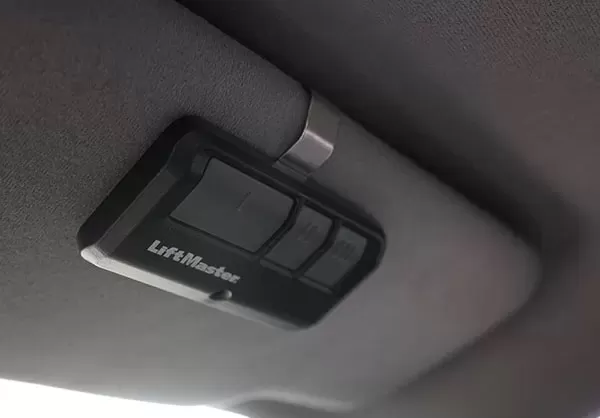Your garage door may seem like a simple device, but behind its operation is a complex system that ensures it opens and closes with ease. One of the most essential components of this system is the garage door torsion springs. These springs carry much of the load when your door moves, and knowing how they work including the potential dangers associated with them can save you from accidents or expensive repairs.
What Garage Door Springs Actually Do
Garage door springs play a crucial role in the functioning of your door. When the door is raised, the springs help lift its weight, making it easy to move, even with just a small push or when using a motorized opener. When the door is lowered, the springs provide resistance to prevent it from crashing down. There are two types of springs used in most garage doors: torsion springs and extension springs.
- Torsion Springs: Mounted horizontally above the door, these springs twist to store energy when the door is closed and release it when the door is opened.
- Extension Springs: Typically located along the sides of the door, these springs stretch and contract to help balance the door’s weight.
Of the two, garage door torsion springs are more common and effective for handling heavier doors. They also provide greater control and usually last longer.
Garage Door Spring Tension
One of the most important aspects of these springs is the garage door spring tension. Tension ensures that the springs are calibrated correctly to lift and lower the door efficiently. If the tension is too high or too low, it can cause issues with the door’s movement.
- Too much tension can cause the door to open too quickly and not close properly, posing a danger to users.
- Too little tension means the door might struggle to open or close completely, putting extra strain on the motor and other components.
If you notice that your garage door is not operating as smoothly as it once did, or if it’s difficult to open manually, the tension in your springs might need adjustment.
Dangers of Garage Door Torsion Springs
How dangerous are garage door springs? The short answer is: very. Garage door springs, particularly torsion springs, are under a significant amount of tension. If they break or malfunction, they can cause serious injury or damage.
Attempting to repair or adjust the springs yourself without the proper knowledge or tools can result in severe injury. When a torsion spring snaps, it can release stored energy suddenly and with great force, potentially causing harm to anyone nearby. This is why it’s always best to leave spring repairs and replacements to professionals.
Some signs that your springs may be at risk of breaking include:
- A gap in the spring coils
- A loud bang or pop when the door is in use
- The door feels heavy when opening manually
If you notice any of these signs, it’s crucial to get a professional garage door technician to inspect and replace the springs before they cause any problems.
How Long Your Garage Door Springs Last
Like most mechanical parts, garage door springs have a limited lifespan. Typically, torsion springs are rated for 10,000 cycles. A cycle refers to one complete opening and closing of the garage door. With regular use, this usually translates to about 7-10 years. However, if you use your garage door frequently, the lifespan of the springs can be shorter.
Proper maintenance can extend the life of your springs. Applying lubrication and having regular inspections by a garage door professional can help prevent premature wear and tear.

Why You Should Leave Spring Repairs to the Pros
While some home improvement projects can be DIY, fixing or replacing garage door tension springs is not one of them. These springs are under extreme pressure, and a small mistake can have major consequences. Here’s why you should hire a professional:
- Safety: As mentioned earlier, garage door springs can be dangerous. A professional knows how to handle the high tension safely.
- Proper Tools: Spring repairs require specialized tools and equipment that most homeowners don’t have on hand.
- Precision: Garage door springs need to be installed with the correct tension to ensure the door operates smoothly and safely. A professional technician will know exactly how much tension is required for your specific door.
Conclusion
Your garage door’s torsion springs are a vital component of its functionality, and knowing a bit about how they work can help you avoid costly repairs or injuries. If you suspect your door springs are worn out or malfunctioning, don’t hesitate to contact a garage professional. Regular maintenance and timely replacements will ensure your garage door continues to operate safely for years to come.
Wanting to learn more about your garage door’s torsion spring? Contact the professionals at A Plus Garage Doors today! Our experienced technicians specialize in safely handling garage door tension springs and ensuring your door operates smoothly and securely. Whether it’s an emergency repair or routine maintenance, we’ve got you covered.
Call us now to schedule your inspection or repair and keep your garage door running for years to come!





